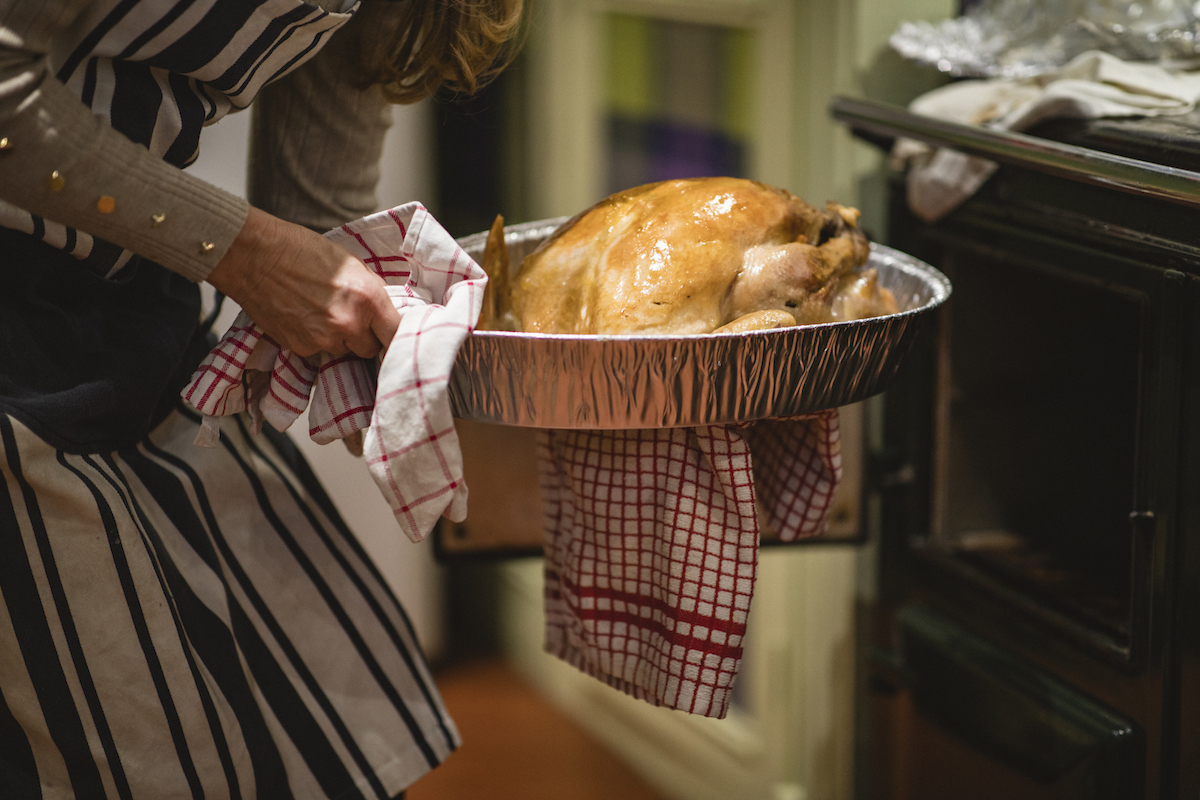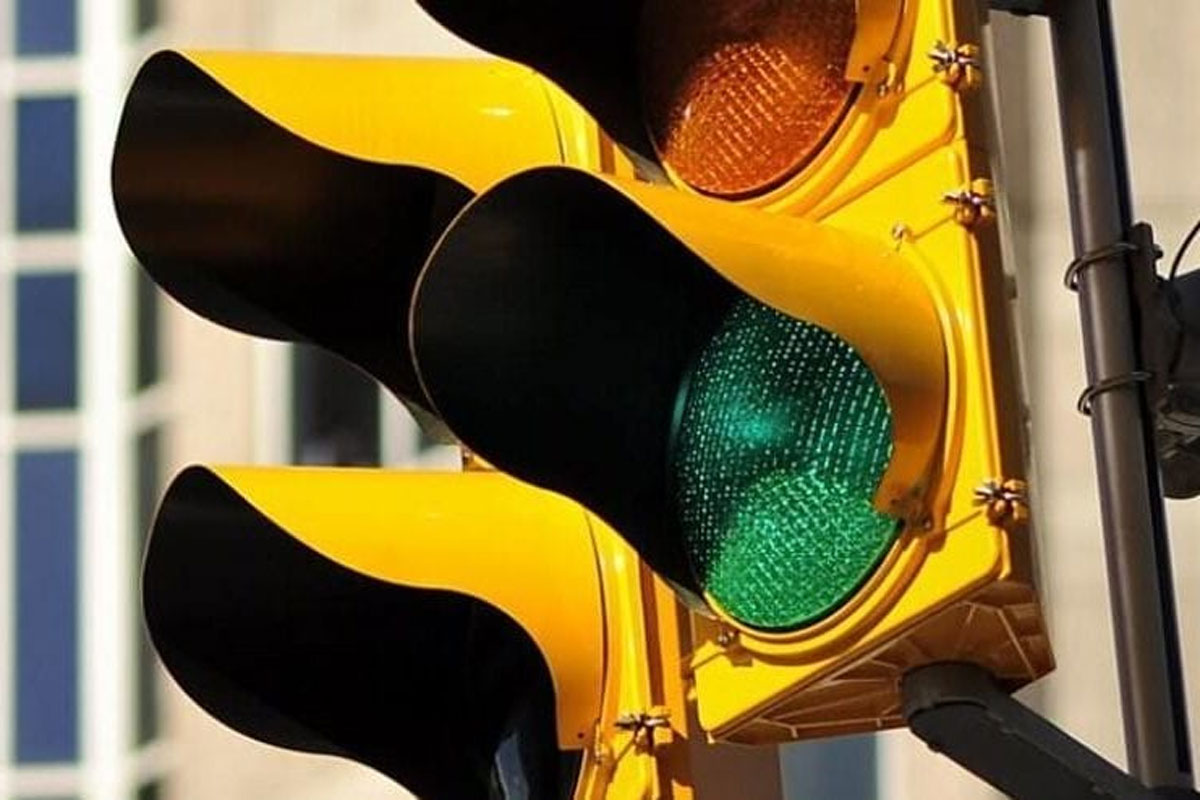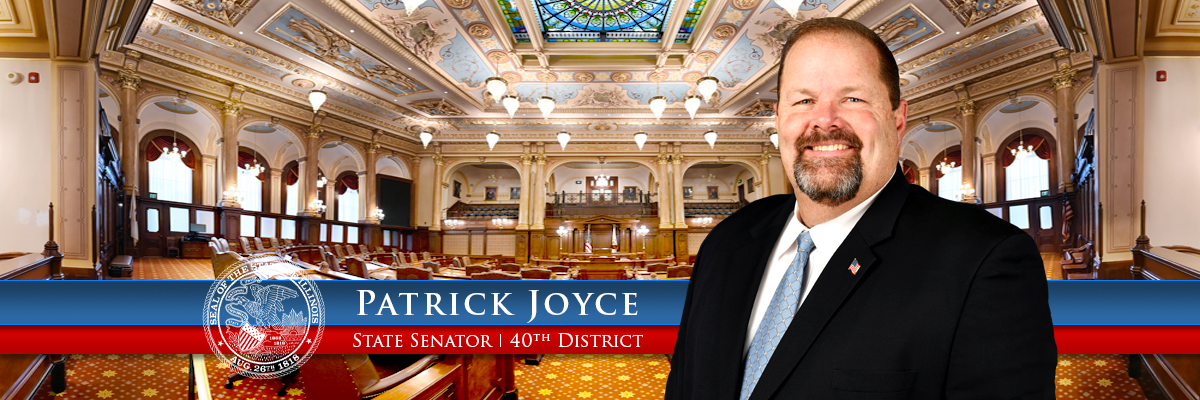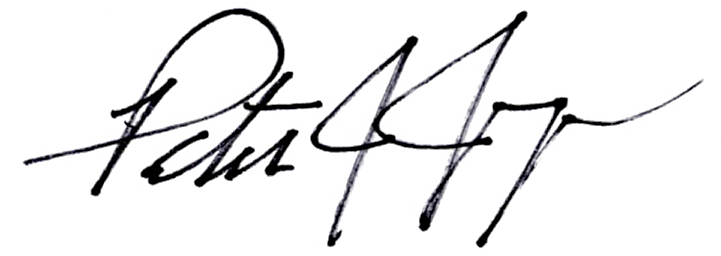Joyce shares Thanksgiving safety tips
- Details
- Category: Press Releases

PARK FOREST – While Thanksgiving celebrations may be smaller this year, State Senator Patrick Joyce (D-Essex) joins the Illinois State Fire Marshal’s Office in sharing tips to ensure families stay safe in the kitchen.
“With many families changing their plans and staying home this Thanksgiving, they could be preparing this traditional meal for the first time,” Joyce said. “It’s important for families to take precautions to avoid fire hazards while cooking to prevent an accident.”
According to National Fire Protection Association and National Fire Incident Reporting System data, cooking is the leading cause of home fires and home fire injuries. U.S. fire departments respond to an average of 166,100 home fires per year involving cooking equipment. Thanksgiving is the leading day for home fires involving cooking equipment, with four times the average number occurring.
Here are some tips to keep in mind when preparing food, not just during the holiday season but all year:
Joyce encourages local fire departments to apply for Small Equipment Grant Program
- Details
- Category: Press Releases
 PARK FOREST – State Senator Patrick Joyce (D-Essex) encourages fire departments and not-for-profit ambulance services to apply for the State Fire Marshal’s Small Equipment Grant Program. The program provides $3.3 million in funding across the state for firefighting personal protection equipment (PPE), infection control items and other small equipment.
PARK FOREST – State Senator Patrick Joyce (D-Essex) encourages fire departments and not-for-profit ambulance services to apply for the State Fire Marshal’s Small Equipment Grant Program. The program provides $3.3 million in funding across the state for firefighting personal protection equipment (PPE), infection control items and other small equipment.
“Many fire departments and ambulance services are struggling to pay for things like masks, gloves and other PPE,” Joyce said. “They need this equipment to do their jobs safely, so I encourage them to apply for this grant program.”
The program awards grants of up to $26,000. Fire department, fire protection district and township fire department applicants are required to have participated in the National Fire Incident Reporting System (NFIRS) for a minimum of two years prior to applying. Ambulance services applying must be volunteer, non-profit, stand-alone emergency medical service providers not tied in any financial or legal manner to a fire department.
Applications for the Small Equipment Grant Program must be postmarked no later than Jan. 29, 2021. More information on the program can be found on the state fire marshal's website.
Joyce champions investments in public transportation
- Details
- Category: Press Releases

KANKAKEE – To help expand and improve public transportation, State Senator Patrick Joyce (D-Essex) announced more than $262,000 in state grants for Kankakee and Grundy Counties Friday.
“Public transportation is always worth improving, because it’s something that serves everyone in our community,” said Joyce. “It’s important that we address the deficiencies in our system so that we can keep up with the needs of our residents.”
Grant funds in Grundy County will be used to replace three medium-duty buses that are beyond their useful life. In Kankakee County, grant funds will be used to replace mobile radios in the county’s fleet to ensure the safest and most efficient provision of services in the area. In addition, the funds will be put towards a new transit vehicle.
This is the first of three grant cycles for mass transit projects through the Rebuild Illinois plan, with the next two rounds set to be distributed in 2021 and 2023.
“Transit in our downstate communities can be a lifeline for getting to work or school, a doctor’s appointment or a trip to the grocery store,” said Acting Transportation Secretary Omer Osman said. “This funding through Rebuild Illinois means these providers finally will have the resources they need to improve service in communities that have not seen this type of investment for many years.”
A complete list of local providers and awards can be viewed at https://idot.click/rbi-capital-plan-transit-grants.
Joyce encourages parents to enroll in new Chat2Learn text program to help prepare kids for kindergarten
- Details
- Category: News
 PARK FOREST – The Illinois State Board of Education has launched a new text program to help parents prepare young learners for school, and State Senator Patrick Joyce (D-Essex) is encouraging parents to enroll.
PARK FOREST – The Illinois State Board of Education has launched a new text program to help parents prepare young learners for school, and State Senator Patrick Joyce (D-Essex) is encouraging parents to enroll.
“There’s no question that the COVID-19 pandemic has caused parents pandemic stress, as they are balancing working from home and homeschooling their children,” Joyce said. “To help working parents cope, this program will encourage learning and ensure well-being for children during this crisis and beyond.”
The Chat2Learn program — spearheaded by ISBE and the Behavioral Insights and Parenting (BIP) Lab — will engage up to 50,000 parents and caregivers of preschool-aged children in Illinois Preschool for All and Preschool for All Expansion programs. Program administrators are encouraged to sign parents up on their behalf. However, parent enrollment will open at a later date.
The program provides parents with conversation prompts to help future students build literacy, mathematics and social-emotional skills for kindergarten readiness. The messages are based on research evidence collected by the BIP Lab.
For example, parents may receive prompts like: "Part of being a parent is getting to know your child better every day. Ask your child, 'If you had a day to do whatever you wanted, what would you do?'"
Text messages begin on Dec. 6 and will continue through June 30, 2021.
For more information, visit https://biplab.uchicago.edu/.
More Articles …
Page 78 of 103




